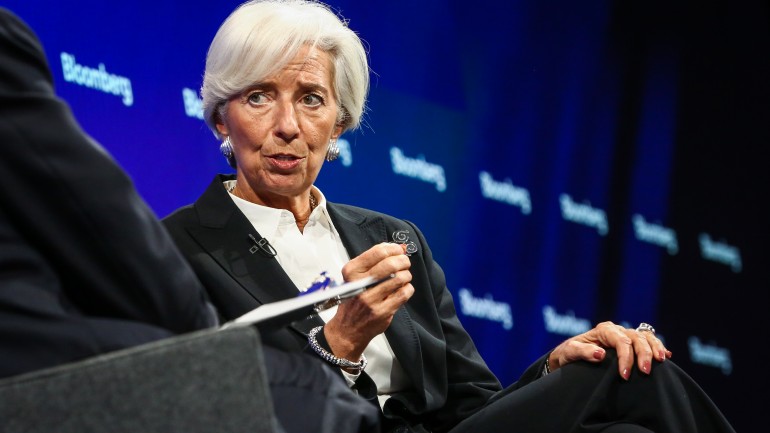The International Monetary Fund (IMF) has canvassed major reforms by both deficit and surplus countries to boost global growth while reducing excess external imbalance. This is contained in the IMFBlog of July 28th, 2017.
This comes after its latest assessments of external positions for the 29 largest economies indicate that excess current account imbalances—that is, those beyond the levels warranted by country fundamentals—were broadly unchanged in 2016, representing about one-third of total actual surpluses and deficits, with only small shifts in 2016.
The Bretton Wood institutions findings show that since 2013, there has been a rotation of these excess imbalances toward advanced economies, posing new risks and policy challenges.
“The current constellation of excess imbalances—especially the persistent surpluses in the same group of countries and the resurgence of deficits in key debtor economies—indicate that automatic adjustment mechanisms are weak,” it noted. It, therefore, called for reforms to boost growth.

“As a general rule, excess deficit countries should move forward with fiscal consolidation, while gradually normalizing monetary policy in tandem with inflation developments.
“Excess surplus economies who have room in their budgets should reduce their reliance on easy monetary policy and allow for greater fiscal stimulus.”
Specifically, it advised excess deficit countries to increase external competitiveness by lowering cost of doing business; instituting labour reforms to moderate nominal wage growth, and improving workforce skill base and encourage innovation as well as reducing the generosity of pensions.
Excess surplus countries were advised to boost demand and reduce savings; expand safety nets; encourage elderly labour participation and lift impediments to competition and investment.
“Where monetary policy is constrained from playing a role, as is the case with individual euro area members, countries should look to fiscal and structural policies to facilitate relative price adjustments,” IMF noted, adding that exchange rates should continue to be allowed to move in line with fundamental levels and interventions should be limited to addressing disorderly market conditions, as has been generally the case in recent years for most countries.
Moreover, it stressed countries should increasingly emphasize structural policies, saying excess surplus countries should focus on lifting distortions that constrain domestic demand or limit trade competition.
“In excess deficit economies, policies should be directed to improving external competitiveness and overall saving, with particular emphasis given to reforms that boost education outcomes and strengthen the business climate.”
Finally, it advised that protectionist policies should be avoided, as they are unlikely to meaningfully address external imbalances but they would be detrimental to both domestic and global growth.
The IMF explained that it takes assessing countries’ external positions as a core mandate, that the assessments are an analytical tool to determine on a multilaterally-consistent basis the difficult—and often contentious—issue of when external imbalances are appropriate or when they signal risks.
“In fact, imbalances are often healthy and desirable—developing economies, who need to invest to catch up with living standards elsewhere, should generally run deficits, while others that are aging quickly, like Japan and Germany, need to run surpluses to meet related obligations in the future.
“Our focus, therefore, is on identifying the undesirable portion and on discussing policies to address them.
“The exercise is meant to avoid a tragedy of commons, where countries acting independently and in their own self-interest undermine the common good of supporting global growth and stability,” it said







